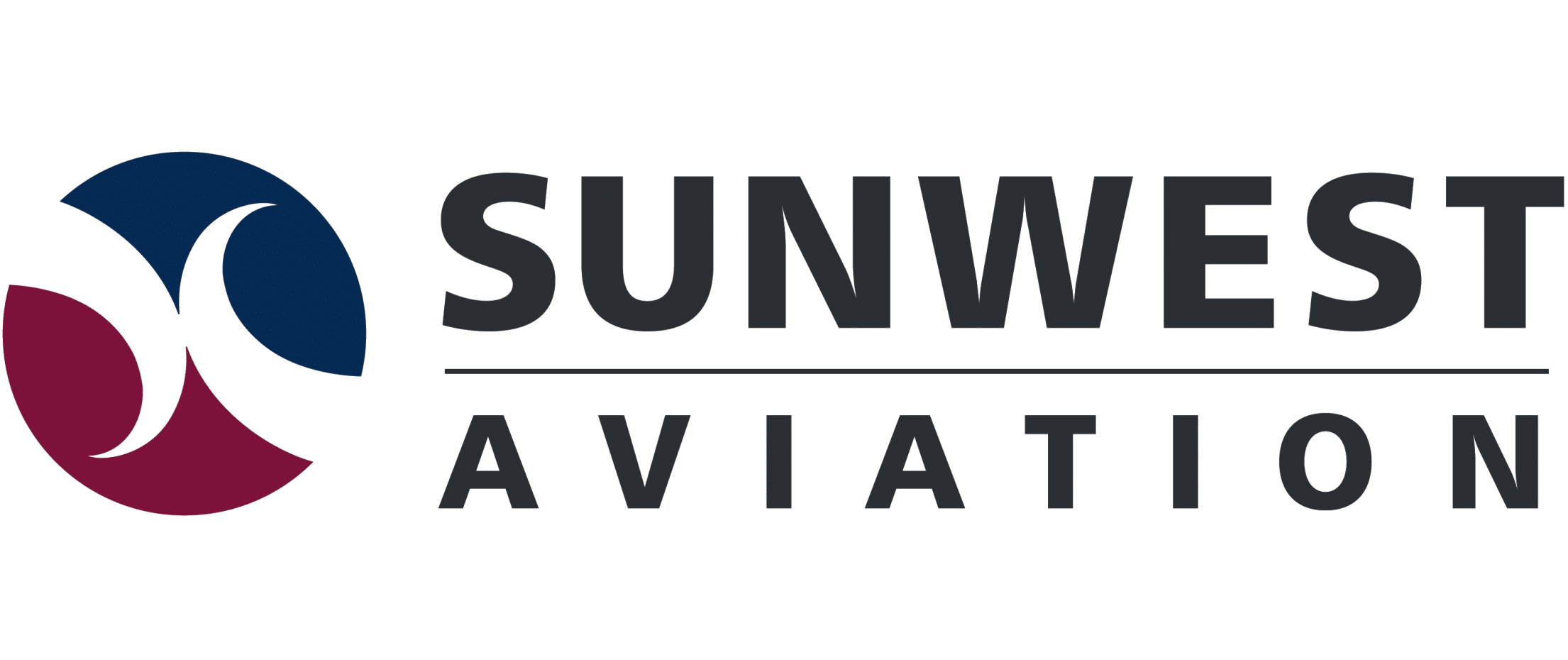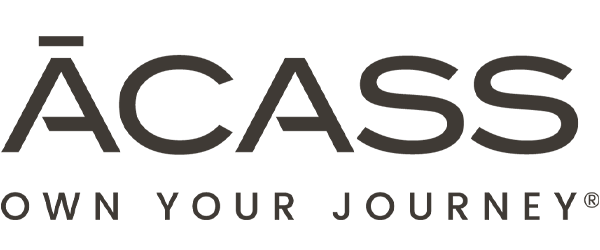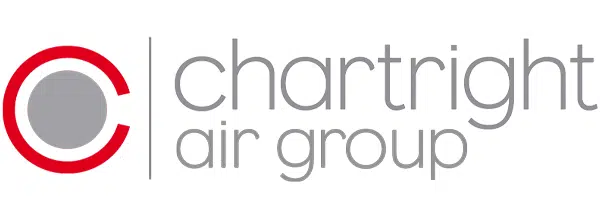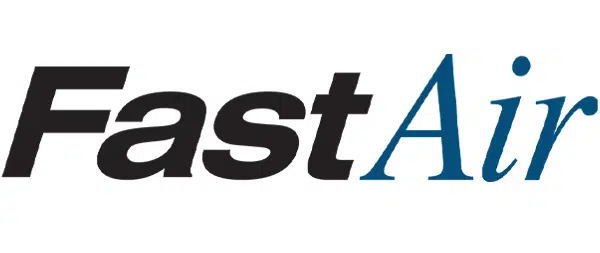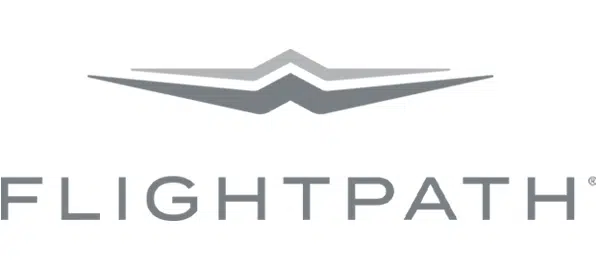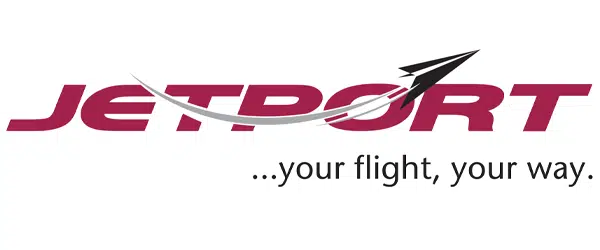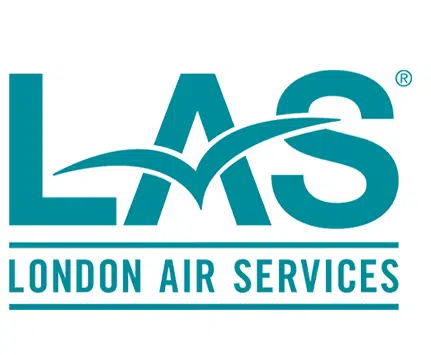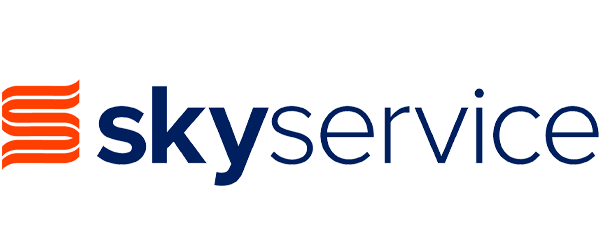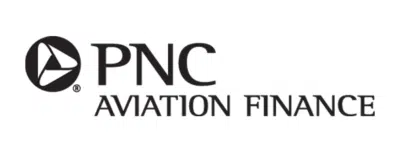Human Resource Shortages Continue to Hamper the Commercial Aviation Industry
On August 30th, 2023, Air Canada confirmed that it would no longer offer non-stop flights from Calgary to Ottawa, Halifax, Los Angeles, Honolulu, Cancun, or Frankfurt as of the end of October 2023, due to ongoing fleet and crew constraints. The aviation industry’s long-standing concerns about the lack of a pipeline of qualified workers for the past 5 years became even more dire with the COVID-19 pandemic. Regulators have been unable to come up with creative solutions to assist industry in dealing with these challenges, particularly as they continued to implement policies which shrunk the number of hours that staff can work for airlines. These circumstances are having the unintended consequence of forcing the two major Canadian air carriers to retreat to their historic territorial strong suits, namely Eastern Canada for Air Canada, and Western Canada for WestJet.
Unfortunately, the lack of available personnel combined with large numbers of newly trained but less experienced staff is creating small delays across the entire commercial aviation system. Incidents like the minor collision between two aircraft in Vancouver underscore this issue. Crew and pilot shortages that lead to minor ground incidents such as these ultimately result in further delays across air carrier networks, placing an even greater strain on employees at each carrier.
While business aviation is forced to grapple with the same human resources challenges, its ability to move business teams quickly between meetings and business opportunities continues to be a key factor in driving more and more business travel from commercial airlines to business jets.
- New Liability Limits MC99
- Special Aviation Exemptions Issued to Ensure Critical Holiday Operations
- Simplifying Airspace Operations: Understanding AC 700-039 Issue 03 and RVSM Requirements









